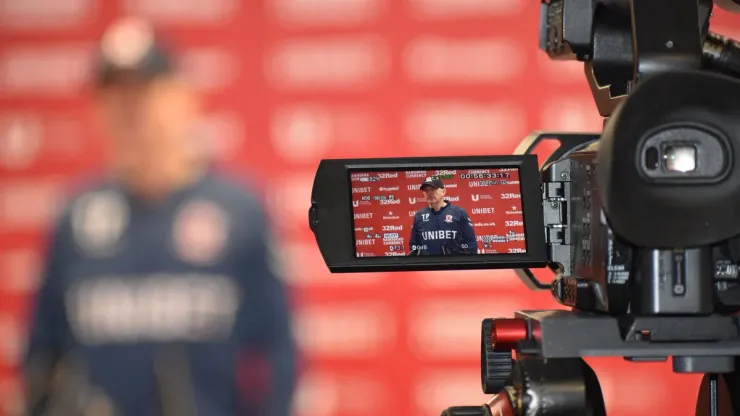Soccer is a tough game, full of shocks and surprises. There are last-minute goals, giant killings and shock transfers. However, one of soccer’s most frustrating aspects is the merry-go-round sacking of managers. Soccer clubs seem to cycle through managers at breakneck speed. The days of Sir Alex Ferguson and Arsene Wenger managing their respective clubs for decades are dead. Managers are no longer given time to prove themselves, and coaches cannot endear themselves to fans. Soccer clubs move in circles, hiring and firing managers as if they come at a dime a dozen. There is no loyalty in soccer anymore, and it makes me worry for the game and for the lessons that the game is demonstrating to our wider society.
The current plight of Middlesbrough manager Tony Pulis summarizes the convoluted world of management. Pulis is a manager of great merit. He has managed a multitude of notable clubs including Stoke City, West Bromwich Albion and Crystal Palace. Pulis acted like a miracle worker at all three clubs, keeping them in the Premier League despite the odds being stacked against him. Throughout his almost thirty year managerial career, Pulis has proven to be a brilliant and dependable coach. However, there is talk that he is about to be sacked by his current club Middlesbrough. Boro are bottom of the Championship form table.
Middlesbrough’s recent span of poor results has seen them slip outside of the playoff places, with just a handful of games remaining in the season. While there is no doubt that Pulis’ team are in danger of missing out on promotion, they still have a brilliant chance to get into the playoffs. All fans know that one win can spark a remarkable turnaround in results. So why when a team is going through a sticky patch in the heat of a pressurized promotion push, do fans and the media call for a manager’s head? Middlesbrough may not get promoted under Pulis, but at least his experience gives them a chance; that is more than most can say for the hastily appointed manager that would surely replace him. Why would you ever want to part with someone like Pulis especially at this stage of the campaign?
I question why soccer clubs see the reason to blame managers for every tiny detail that goes wrong. After all, the average soccer club employs hundreds of members of staff, including at least thirty players. A manager cannot control the actions of his club, the on-field decisions of his players or the sometimes idiotic things they do off the field. Soccer managers are tasked with impressively sized jobs but are given very little time to get used to them And when they go wrong, they are given a minuscule opportunity to troubleshoot. I am not suggesting that soccer managers should never be relieved of their duties; of course, there are instances where clubs need to change their manager. However, I am saying that clubs tend to blame managers for defeats, and not give them enough chances to prove their worth.
Firing a manager is the easiest option. A club experiences a poor run of results, they sack the manager, hire another one and the problems magically go away. That is until they don’t. As the same issues rear their ugly heads a couple of months down the line and another manager loses his job, why don’t clubs search for a collective identity that they want to follow and employ a manager to work towards building that over a set number of years? Why don’t clubs realize that the best coach in the world could work with a group of players, but they could still lose? Why do fans blame the manager above all else? I question why we as fans blame anyone at all. I wish we could come to together in our respective fan bases and support our clubs through thick and thin, knowing that is ultimately how we achieve success.
Managers want success for their clubs probably more than the fans do, so why don’t we trust them and stick by them? I want to think that someday we may show loyalty to the staff at our sports teams as we would a friend who is in trouble. It never helps anyone to criticize or decide to replace them in their hour of need; it only works if we are loyal and stick together. That’s a lesson all of us should learn — one that is vital for the future success of soccer and our wider society.
200+ Channels With Sports & News
- Starting price: $33/mo. for fubo Latino Package
- Watch Premier League, Women’s World Cup, Euro 2024 & Gold Cup
The New Home of MLS
- Price: $14.99/mo. for MLS Season Pass
- Watch every MLS game including playoffs & Leagues Cup
Many Sports & ESPN Originals
- Price: $10.99/mo. (or get ESPN+, Hulu & Disney+ for $14.99/mo.)
- Features Bundesliga, LaLiga, Championship, & FA Cup
2,000+ soccer games per year
- Price: $5.99/mo
- Features Champions League, Serie A, Europa League & Brasileirāo
175 Premier League Games & PL TV
- Starting price: $5.99/mo. for Peacock Premium
- Watch 175 exclusive EPL games per season






